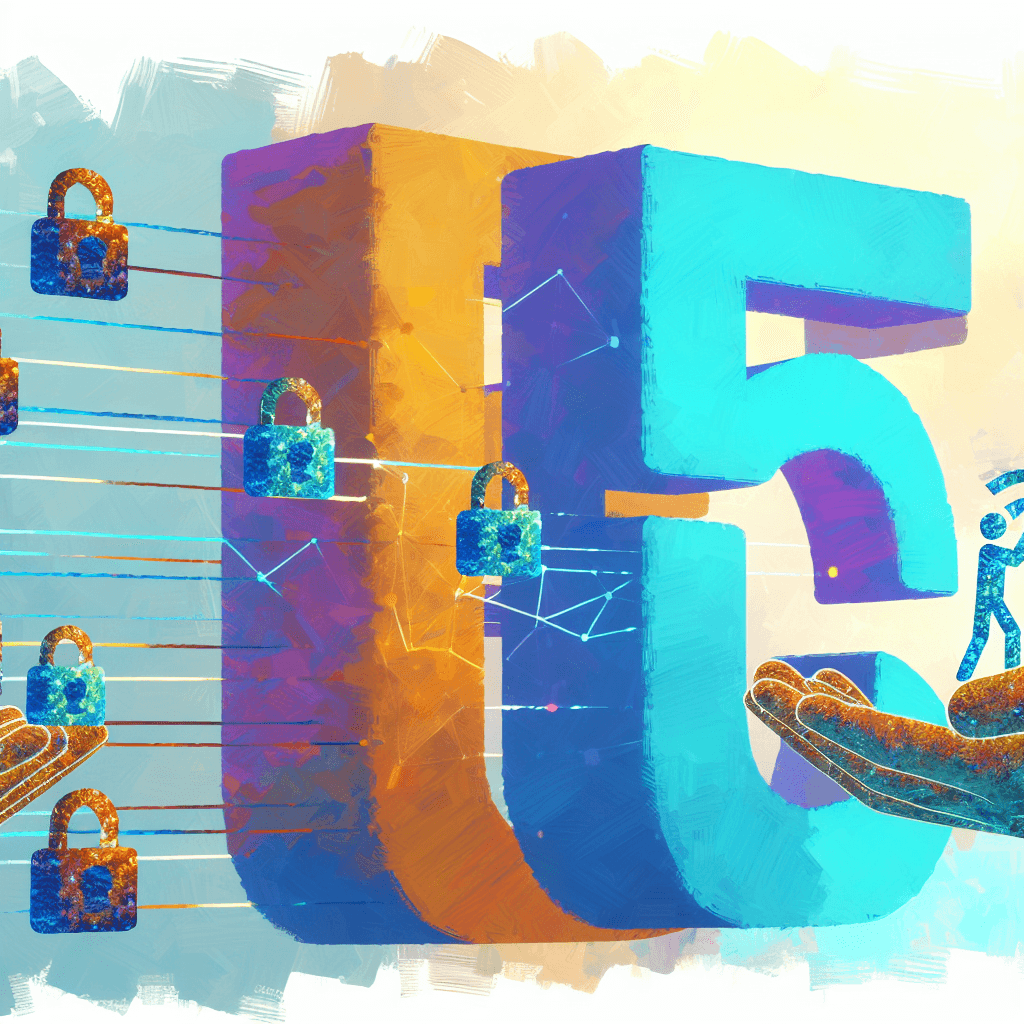The evolution of the Chief Information Security Officer (CISO) role over the past three decades has significantly shifted the landscape of corporate cybersecurity and strategy. Beginning with the appointment of Steve Katz as the first recognized CISO in 1994, this pivotal role has evolved from its initial focus on gatekeeping against cyber threats to becoming a cornerstone of business resilience. This transformation is underscored by recent findings, such as those in the 2023 IBM Cost of a Data Breach Report, which reveals that the average cost of a data breach has reached an all-time high of $4.45 million. This statistic not only highlights the financial stakes at play but also emphasizes the strategic importance of the CISO in navigating the complex interplay between technological advancements and cybersecurity threats. The evolution of CISO has seen this role adapt to the challenges of securing cloud environments, where 82% of breaches now occur, illustrating the expanding scope of responsibilities CISOs manage in today’s digitally driven organizations.
In the early days, the CISO’s domain was predominantly technical, focused on safeguarding organizational IT infrastructure from cyber threats. Katz’s pioneering tenure set the precedent for CISOs as chief protectors of digital assets, tasked with developing and enforcing security policies to shield against the era’s prevalent threats, like viruses and hacking. However, as the digital landscape evolved, so too did the responsibilities and expectations placed on CISOs.
Challenges and Realities Facing Today’s CISOs
Today, the role encompasses a broader strategic dimension, where CISOs are seen as vital contributors to their organizations’ top and bottom lines. This shift has been driven by the recognition that cybersecurity is not merely about defense but also an enabler of business continuity, innovation, and customer trust. For instance, the 2023 IBM Cost of a Data Breach Report underscores the strategic role of cybersecurity, revealing that organizations with extensive use of security AI and automation identified and contained data breaches 108 days faster than those without, demonstrating how strategic investments in cybersecurity can significantly mitigate financial losses.
Despite this increased importance, CISOs often find themselves not regarded on equal footing with other C-level executives. This disparity can undermine the effectiveness of cybersecurity efforts, as limited engagement with boards may restrict CISOs’ ability to secure the necessary support and resources for comprehensive security strategies. Moreover, with 51% of organizations planning to increase their security investments following a breach, there’s a clear recognition of the value of cybersecurity. Yet, the challenge remains for CISOs to align their strategic importance with recognition and support from top organizational leadership
CISOs today grapple with a uniquely challenging and stressful landscape. Reporting to business leaders like CEOs and CFOs, whose primary focus is on generating profits at the lowest possible cost, CISOs find themselves in a precarious position. This focus on profitability often conflicts with the need for robust cybersecurity measures, which can be seen as a cost rather than an investment. Simultaneously, regulatory bodies like the SEC are intensifying their scrutiny on CISOs, holding them accountable for data breaches and ransomware compromises. This regulatory pressure adds another layer of complexity, making the role not only more challenging but also fraught with personal risks for CISOs.
This tension between organizational priorities and regulatory responsibilities is at odds with the CISO’s ability to effectively deliver on their role. The expectation to safeguard digital assets without adequate resources or support, coupled with the potential for personal liability in the event of a security breach, creates a high-stress environment. This stress is not just professional but also takes a significant toll on the emotional and mental health of CISOs. The constant pressure to perform, the fear of the repercussions of a breach, and the challenge of advocating for necessary security measures in a cost-sensitive environment can lead to burnout and anxiety.

The Cost of Speed Over Quality
Amidst the rapid pace of innovation and the rush to capture market share, U.S. businesses often prioritize speed over quality, a trend that presents a formidable challenge for CISOs. This emphasis on hastening product release cycles, motivated by Wall Street’s rewards for quick market entry, sometimes leads to compromises in product quality and cybersecurity measures. The strategic implications of this approach are profound, forcing CISOs to navigate a landscape where the foundational elements of quality and security are often secondary to the allure of being first.
Contrastingly, Japanese business practices, particularly in the automotive industry with stalwarts like Toyota and Honda, exemplify a commitment to quality and reliability. Their philosophy prioritizes long-term customer satisfaction and safety, which has not only cemented their reputation for excellence but also ensured their enduring success in global markets. This stark difference in approach offers a valuable lesson in the sustainable benefits of prioritizing quality and security, even in a competitive market.
The repercussions of sidelining cybersecurity in the quest for speed are vividly illustrated by the SolarWinds compromise and the more recent attack on Change Healthcare by the BlackCat/ALPHV ransomware group. These incidents underscore the vulnerabilities that can arise from insufficient attention to security in software development and deployment processes. The Change Healthcare attack, in particular, resulted in significant disruptions and a substantial ransom payment that failed to secure the promised resolution, highlighting the dire consequences of underestimating cybersecurity risks.
Evolution of CISO and way forward
Amid these challenges lies an opportunity for CISOs to redefine their roles and assert their value as strategic partners in their organizations. A crucial step in this journey involves the adoption and customization of cybersecurity frameworks, such as the NIST Cybersecurity Framework or the ISO/IEC 27001 standards. These frameworks offer structured approaches for managing and mitigating cyber risks effectively. For instance, a global financial services firm implemented the NIST framework to overhaul its cybersecurity operations, resulting in a 40% reduction in security incidents within the first year. This case serves as a compelling blueprint for organizations looking to enhance their cybersecurity posture systematically.
Furthermore, the cultivation of a strong cybersecurity culture within organizations is essential. Initiatives aimed at fostering this culture—through continuous training and awareness programs—are vital. A leading technology company, for example, launched an innovative cybersecurity awareness program that gamified learning and incentivized secure behavior among employees. This approach led to a significant reduction in phishing attack susceptibilities, from 30% to under 5% in just two years, showcasing the power of a well-informed workforce in bolstering an organization’s cybersecurity defenses.
As CISOs navigate the evolving cybersecurity landscape, they must move beyond the traditional focus on preventing breaches to embrace a role in leading shared risk management across the organization. This shift requires ensuring that business leaders are equipped to make informed decisions regarding information risk, thereby elevating the strategic importance of the CISO.
Looking forward, the evolution of the CISO role in response to the rapidly changing digital landscape is paramount. Increased collaboration with C-suite executives and clearer guidance from boards are crucial in positioning CISOs for success. By expanding their influence and weaving cybersecurity into the very fabric of business strategy, CISOs can ensure that their organizations not only navigate the complexities of the digital age but also thrive within it. This future vision for the role of CISOs emphasizes their critical position at the intersection of technology, business, and culture, marking them as indispensable leaders in the quest for resilient, secure, and trustworthy digital enterprises.
The future of cybersecurity lies in recognizing and empowering CISOs as strategic advisors, capable of steering their organizations through the tumultuous waters of digital threats with foresight and resilience. As cyber risks continue to advance, the evolution of the CISO role from technical gatekeepers to strategic business enablers will be a critical factor in shaping secure, successful enterprises in the digital era. This transformation will require organizations to reevaluate the resources and support provided to CISOs, ensuring they are equipped to manage the dual pressures of business profitability and regulatory compliance, all while safeguarding their mental and emotional well-being.
As the complexity and frequency of cyber attacks increase, the cybersecurity community faces a compounding challenge. This situation demands a collaborative approach, where sharing insights and adopting collective security measures become the norm, not the exception.
I endeavor to highlight stories like on my website. This serves a dual purpose: firstly, to provide a valuable reference for my writing endeavors, and secondly, to share insightful narratives with the wider community.
If you like this story you should check out some of the other stories in the Management section
You can also find more of my Cybersecurity writings here in the Cybersecurity section
To check the original story Click here







